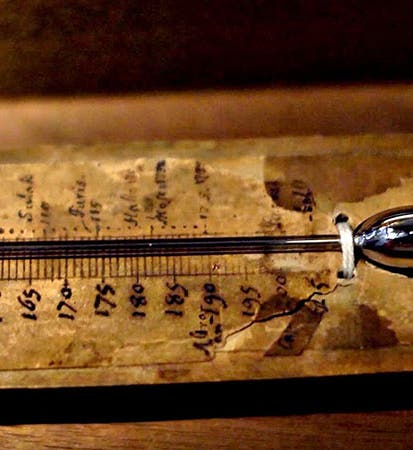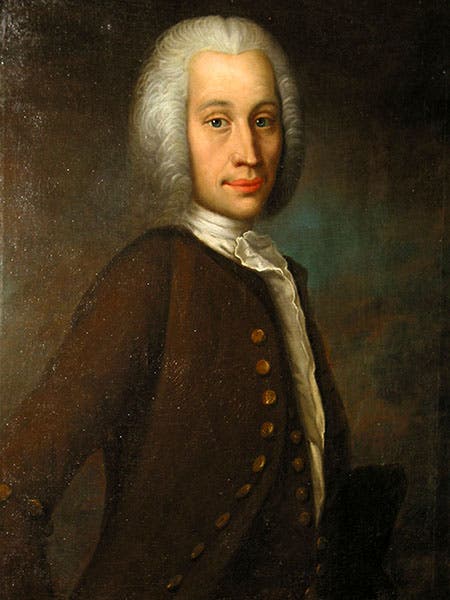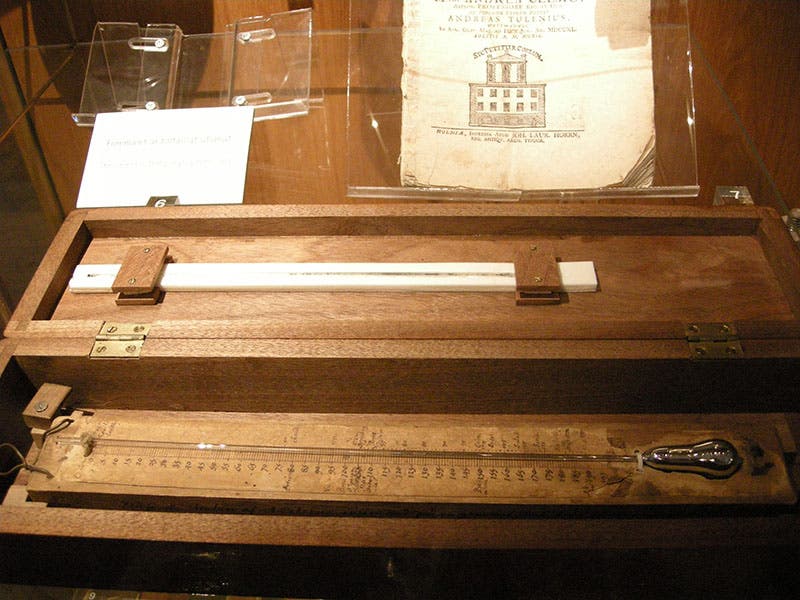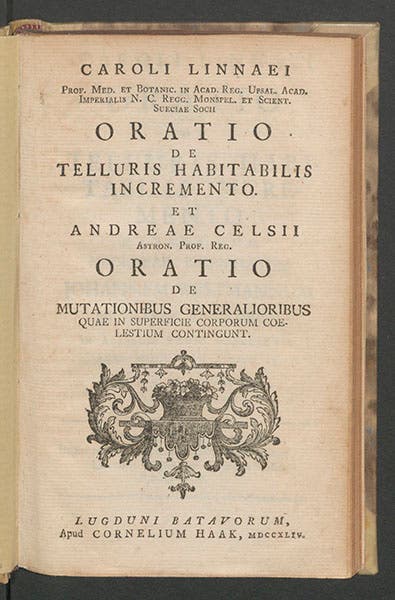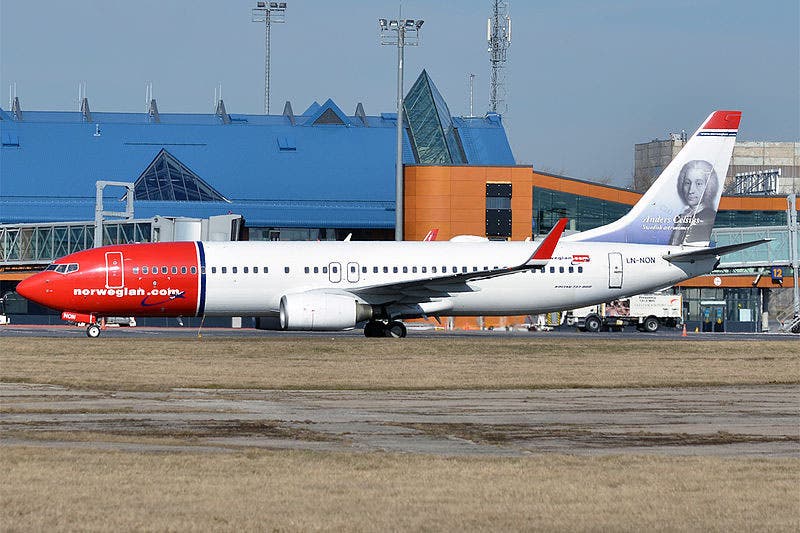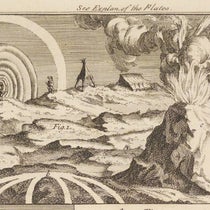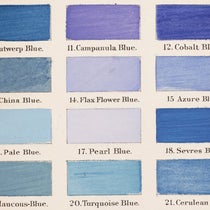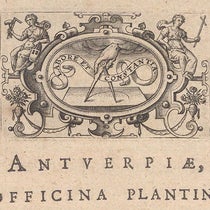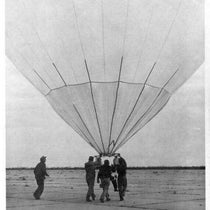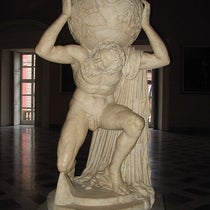Scientist of the Day - Anders Celsius
Anders Celsius, a Swedish geographer and astronomer, was born Nov. 27, 1701. Celsius was part of the French expedition to measure the length of a degree of latitude in Lapland in 1735 (see our post on Abbé Reginald Outhier). Perhaps it was in Lapland that Celsius developed an interest in thermometry – the measurement of temperature. He was the first scientist to determine, by a careful series of experiments, that the freezing point of water is independent of latitude and altitude, and that the boiling point of water, while dependent on atmospheric pressure, is nevertheless exactly determinable when pressure is taken into account. Consequently in 1742, he introduced a temperature scale based on those two points, separated by 100 degrees of division. Everyone in the modern world knows that, since the Celsius scale is in common use everywhere.
The surprise is that on his original scale, 100 degrees was assigned to the freezing point of water and 0 degrees to the boiling point, just the reverse of modern practice. Thus, on that original thermometer, the colder it got, the higher the temperature. The advantage of such a system is that, under human living conditions, there are no negative temperatures to deal with, and thus less potential for error (it is easy for those little minus signs to get lost in transcription).
Celsius died in 1744 at the untimely age of 42, and not too long after his death, thermometers with an inverted scale (0 for the freeing point) appeared. Some credit Uppsala’s most famous scientific citizen – Carl von Linné (Linnaeus) – for the change. It doesn’t really matter, because Celsius deserves our admiration, not for the scale, but for realizing that one can construct a reliable and reproducible thermometer by basing it on the freezing and boiling points of water.
The original Celsius thermometer with the 100-degree freezing point survives in Uppsala, in the Museum Gustavianium (which is unfortunately closed for renovation until 2022). We show here the thermometer as displayed (third image) and a detail showing the mercury bulb and the 200 degree mark (100 below zero for us; first image).
Celsius also observed that sea levels in Scandanavia seemed to have lowered since ancient times, and he wrote a short treatise on the geological history of the globe, Oratio de mutationibus, which was published along with a similar treatise by Linnaeus in 1744. We mention it because it is the only publication by Celsius that we have in our collections (fourth image).
Following his untimely death, Celsius was buried beneath the floor of a lovely little church in Uppsala. Celsius is a very popular historical figure in both Norway and Sweden. His likeness has appeared on a Swedish postage stamp and on the tail fins of some of the fleet of the Norwegian Air Shuttle (sixth image). Dr. William B. Ashworth, Jr., Consultant for the History of Science, Linda Hall Library and Associate Professor emeritus, Department of History, University of Missouri-Kansas City. Comments or corrections are welcome; please direct to ashworthw@umkc.edu.

